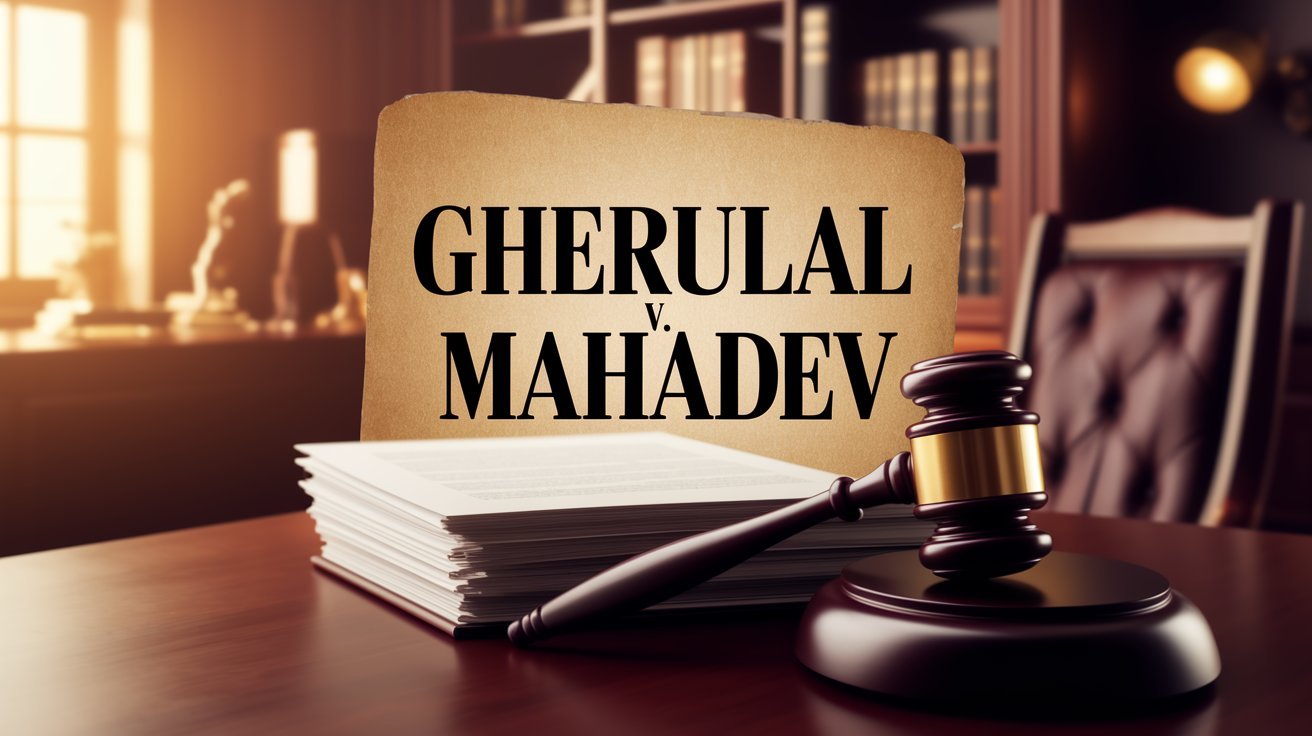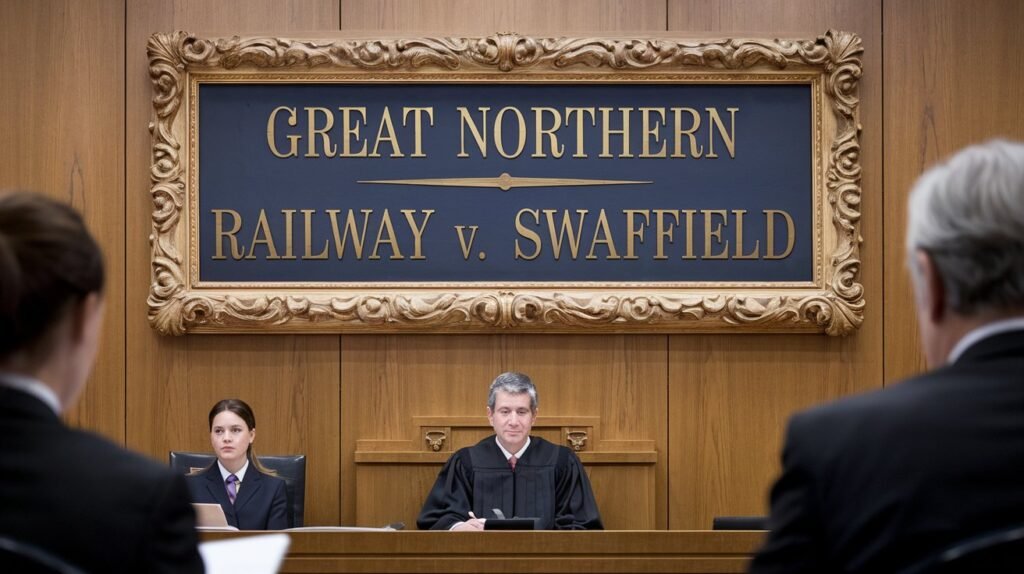Gherulal v. Mahadev 1953 (Case Summary)

In this landmark case, the Supreme Court of India clarified the distinction between contracts that are void and those that are illegal under Section 23 and Section 30 of the Indian Contract Act, 1872, specifically addressing the enforceability of agreements related to wagering contracts.
Table of Contents
ToggleFacts of Gherulal v. Mahadev
- Gherulal Parakh(The Appellant) and Mahadeodas Maiya (the Respondent), were both managers of two Hindu undivided families (HUFs) involved in business and trading activities.
- They entered into a partnership agreement for the execution of forward contracts in wheat. The objective of this partnership was to engage in forward trading, meaning the parties would enter contracts agreeing to sell or purchase wheat at a future date at a predetermined price.
- The partnership was created with the understanding that the transactions would involve speculative trading, meaning no actual delivery of wheat was required; any profit or loss arising from these contracts would be shared equally between the partners. Mahadeodas Maiya was responsible for executing the forward transactions in his name on behalf of the partnership.
- Acting as per the terms of the partnership, Mahadeodas Maiya entered into multiple forward contracts with third-party firms. These forward contracts were speculative in nature, meaning that instead of actual wheat transactions, they were settled based on price differences.
- Over time, the market conditions fluctuated, resulting in substantial financial losses on these speculative contracts. Since Mahadeodas Maiya had executed these contracts on behalf of the partnership, he was legally obligated to pay the losses to third parties. He settled the losses in full by making payments to these third-party traders.
- After settling the losses, Mahadeodas Maiya demanded reimbursement from Gherulal Parakh for his share of the losses, in accordance with their equal loss-sharing agreement.
- Gherulal Parakh refused to pay, arguing that since the transactions involved speculative trading, they amounted to wagering agreements, which were void under Section 30 of the Indian Contract Act, 1872.
Issues framed
- Whether a partnership agreement with the purpose of entering into wagering contracts is illegal under Section 23 of the Indian Contract Act, 1872?
- Whether wagering contracts are against public policy, immoral, or forbidden by law?
- Whether the claims are barred under Section 69(1) of the Partnership Act due to non-registration of the partnership?
Subordinate Court Judgment
The Trial Court ruled in favor of Gherulal Parakh, stating that partnership agreement was void as it was forbidden by law and opposed to public policy. It was therefore unenforceable, and Mahadeodas Maiya could not claim reimbursement for the losses and the suit was dismissed.
Dissatisfied with the trial court’s decision, Mahadeodas Maiya filed an appeal in the Calcutta High Court.The High Court reversed the trial court’s decision and ruled in favor of Mahadeodas Maiya. The court stated that Section 30 of the Indian Contract Act only makes wagering contracts void, not illegal.Since the partnership agreement was only collateral to the wagering contracts, it was not void.
Aggrieved by the High Court’s decision, Gherulal appealed to the Hon’ble Supreme Court of India.
Judgment of Gherulal v. Mahadev
The Supreme Court applied Section 23 and Section 30 of the Indian Contract Act, 1872.
The court emphasized that although wagering contracts are void under Section 30, they are not forbidden by law under Section 23. Hence, collateral agreements to such contracts, like the partnership agreement in this case, are not illegal. The court also stated that public policy must be determined by legal precedents and legislative intent, and there was no clear law prohibiting wagering contracts as being against public policy.
The Supreme Court, while dismissing the appeal, upheld the High Court’s decision, ruling that the partnership agreement was valid and not affected by the void nature of wagering contracts. Mahadeodas Maiya was entitled to recover half of the losses from Gherulal Parakh.





